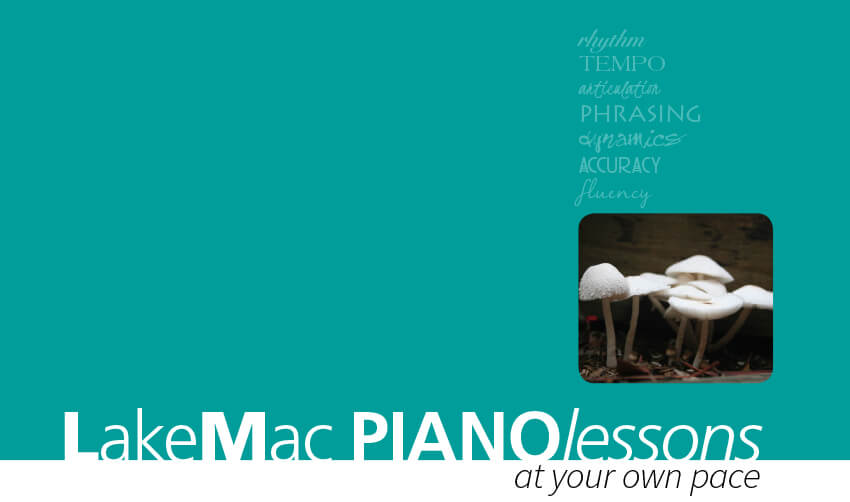
News about LakeMac Piano Lessons
JANUARY 2023
Reading about the composers whose music you are learning is very valuable. Understanding who these people were/are means that you will understand their lives and background which in turn enriches your musical experience.
Don't expect to get things right first time. We learn by making mistakes so we don't learn if we don't make any.
Learn to play tunes you know: use YouTube or try to work it out by trial and error. Messing about on the piano is a good way to learn how the notes sound. Use the pedal. Play loud. If it's acoustic, pluck the strings or play them with chopsticks.
Playing an instrument builds your confidence.
As children begin to master their instrument, they will probably end up
playing to a few audiences, starting with their music teacher or parents
then groups of other pupils and concert audiences.
Playing an instrument makes you smarter.
Many studies show a correlation between musical training and academic
success in both children and adults. Learning to play an instrument
stimulates the brain, improving functions like memory and abstract
reasoning skills which are essential for maths and science.
Practising a musical instrument improves patience.
It's important to learn that the more effort you put into something, the
better the result will be.
Playing an instrument increases discipline and time management skills.
Learning music takes time and effort, and helps children understand that
if they want to be good at something, they'll need to put in the hours and
organise their time effectively